市場與住宅的雙重轉型-改造與融合之道
Market and housing
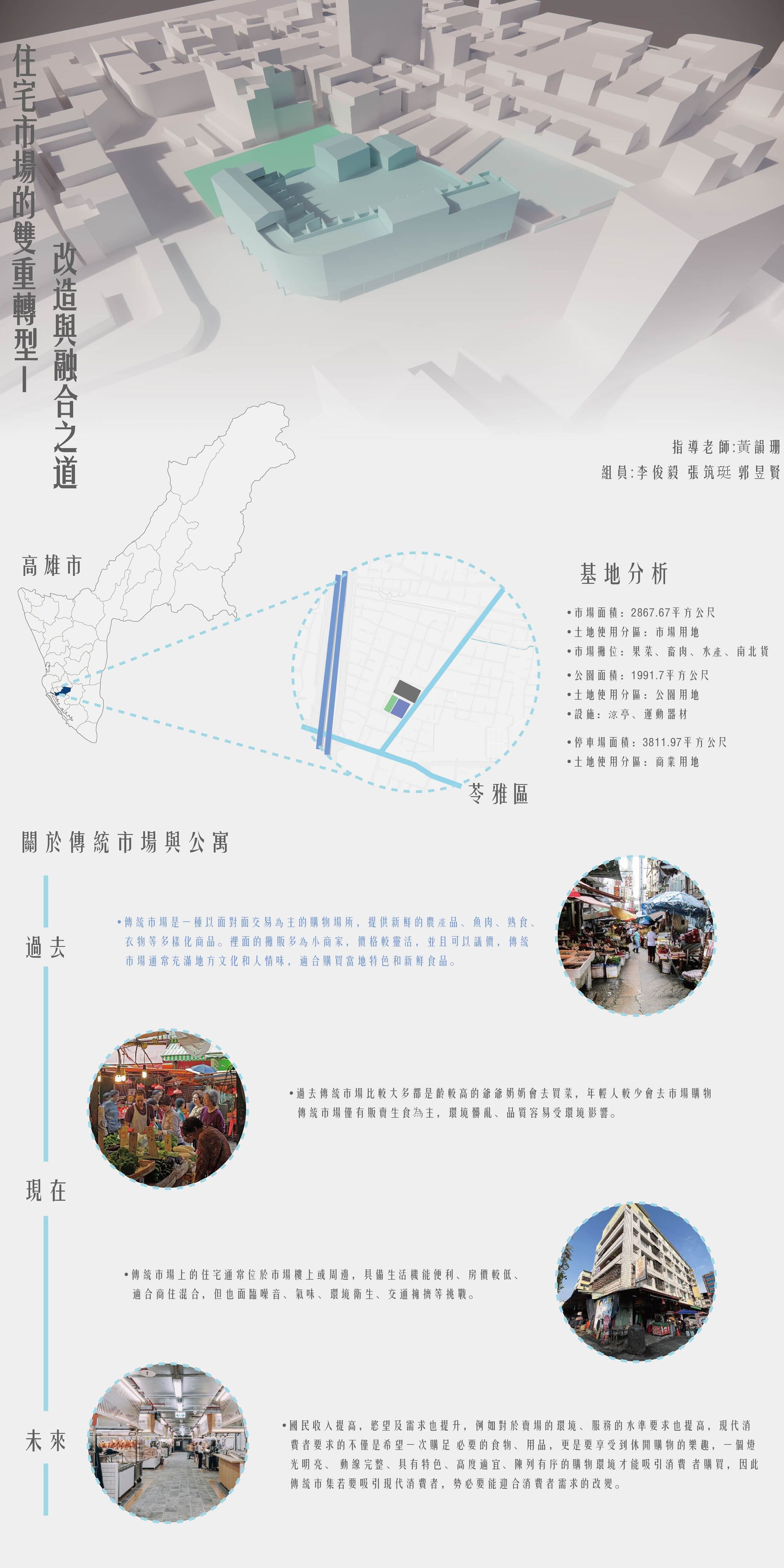
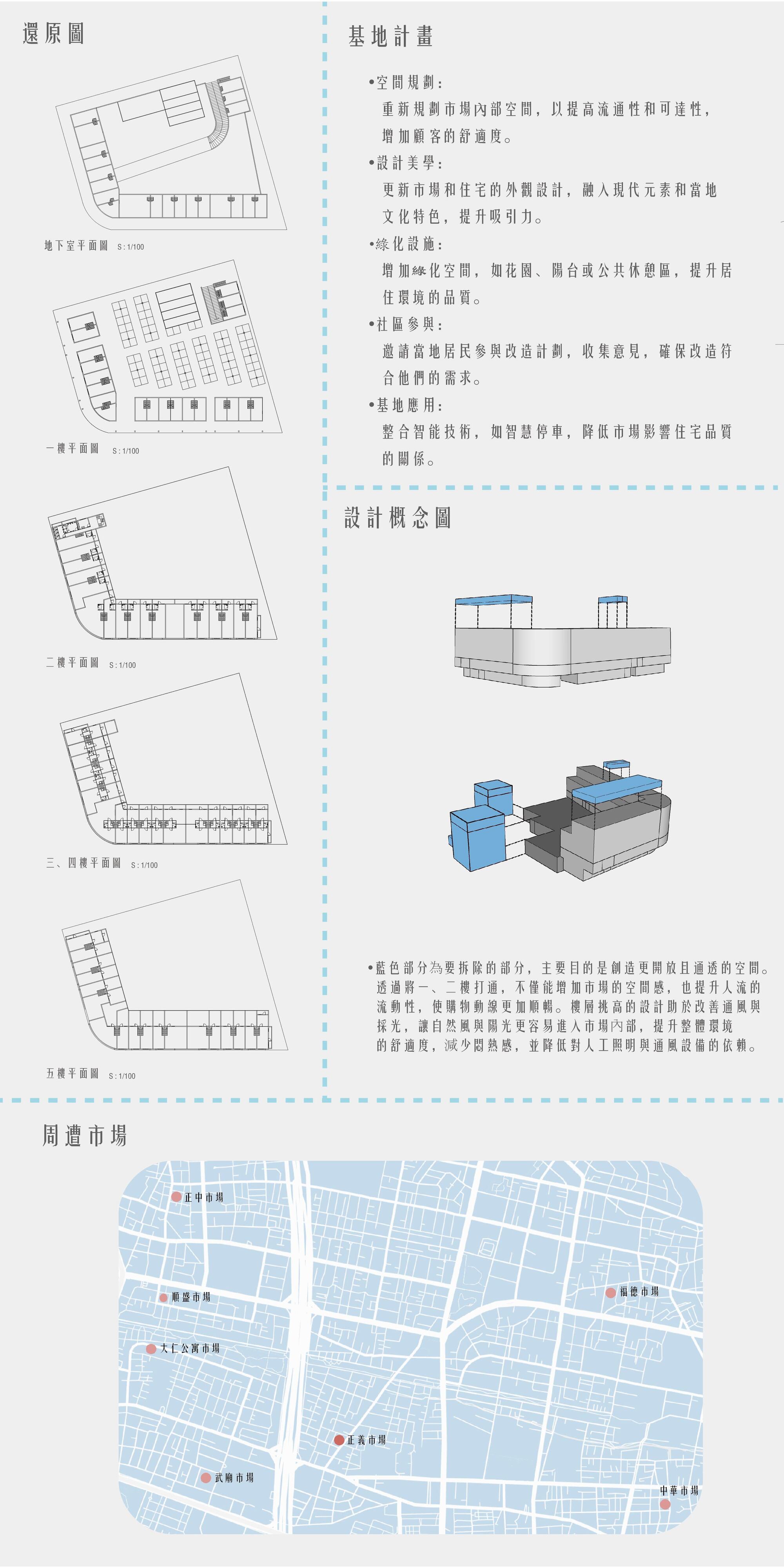
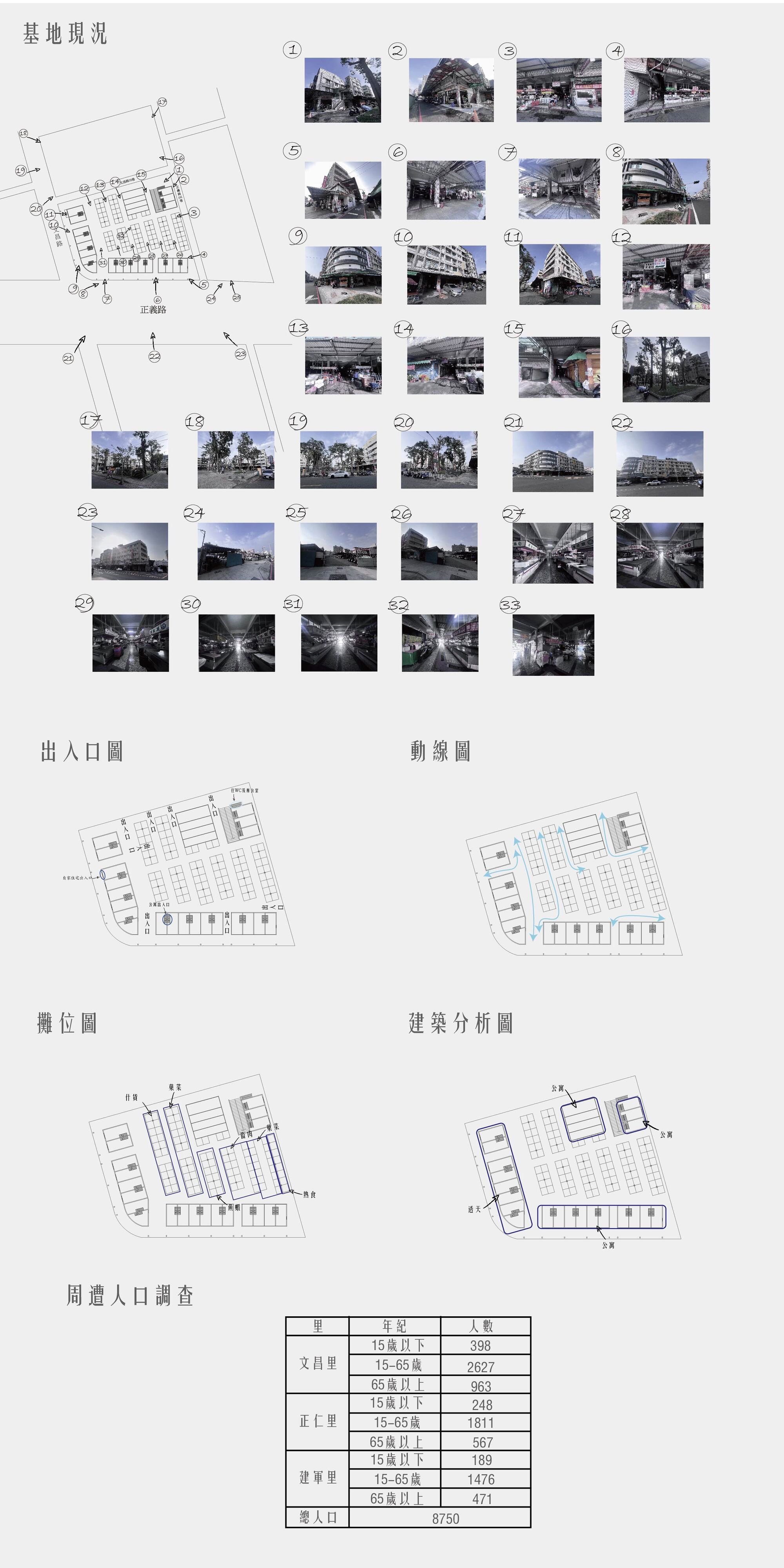
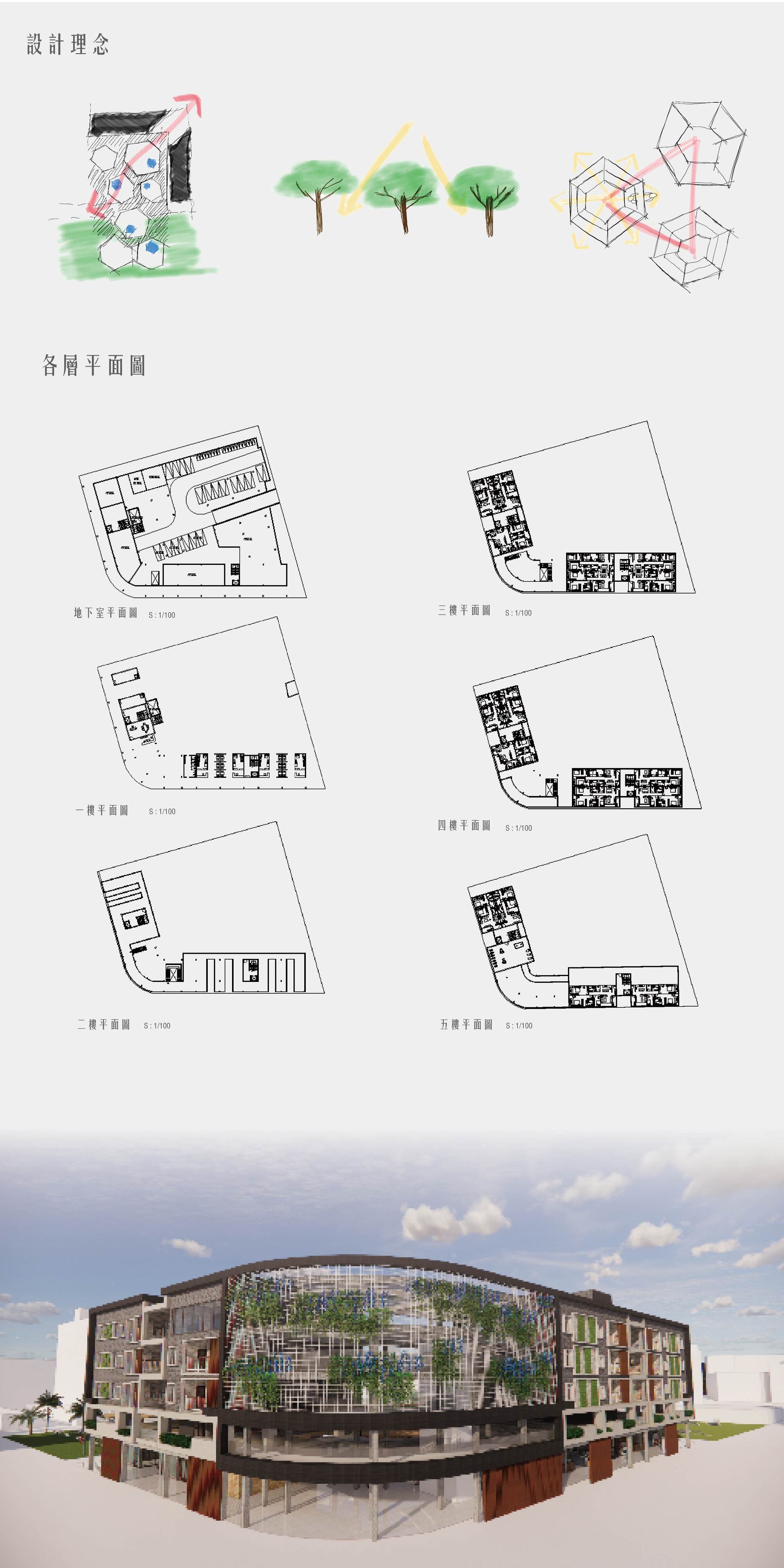
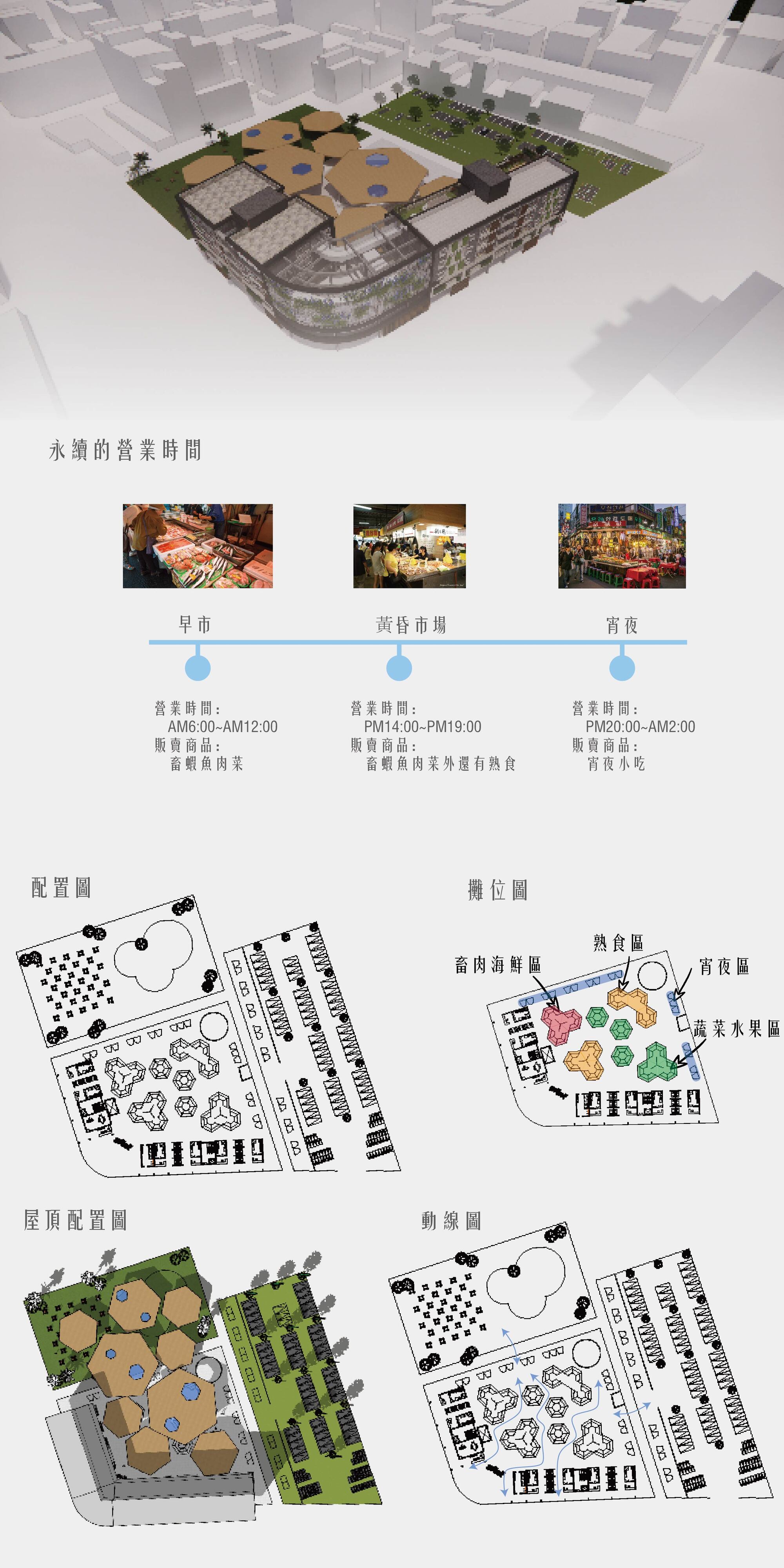
1.都市更新與混合用途開發
如何將傳統市場改造為兼具商業與居住功能的空間,例如結合商場、住宅、辦公等多功能用途。
透過都市規劃與建築設計,創造符合現代需求的混合型社區。
市場空間的現代化與社區融合
2.傳統市場如何適應現代消費模式,如數位支付、共享經濟、生鮮電商等。
市場與社區的關聯性,如何讓市場成為社區生活中心,如設置共用空間、社交區、餐飲區等。
住宅轉型與商業共生
3.住宅如何納入市場元素,例如共享廚房、社區農場、綠能商業模式等。
透過智慧城市概念提升居住與商業環境,例如智能物流、智慧安防等。
政策與經濟影響
4.透過政府政策支持市場與住宅的融合,例如租賃政策、稅務優惠、都市更新補助等。
投資與財務可行性分析,評估市場與住宅雙重轉型的商業模式。
Market and housing
Urban regeneration and mixed-use development
How to transform the traditional market into a space with both commercial and residential functions, such as combining shopping malls, residences, offices and other multi-functional uses.
Through urban planning and architectural design, we create mixed communities that meet modern needs.
Modernization of market spaces and community integration
How does the traditional market adapt to modern consumption models, such as digital payment, sharing economy, fresh food e-commerce, etc.
The correlation between the market and the community, how to make the market a community life center, such as setting up shared spaces, social areas, dining areas, etc.
Residential transformation and commercial symbiosis
How housing incorporates market elements such as shared kitchens, community farms, green energy business models, etc.
Improve the residential and commercial environment through smart city concepts, such as smart logistics, smart security, etc.
Policy and Economic Impact
Support the integration of the market and housing through government policies, such as rental policies, tax incentives, urban renewal subsidies, etc.
Investment and financial feasibility analysis to evaluate business models for dual market and residential transformation.
What direction do you want this article to focus on? Is it an academic discussion, policy recommendations, or practical cases?
正修科大 建築與室內設計系
(5年級)
郭昱賢
正修科大 建築與室內設計系
(5年級)
李俊毅
正修科大 建築與室內設計系
(5年級) 指導老師 黃韻珊